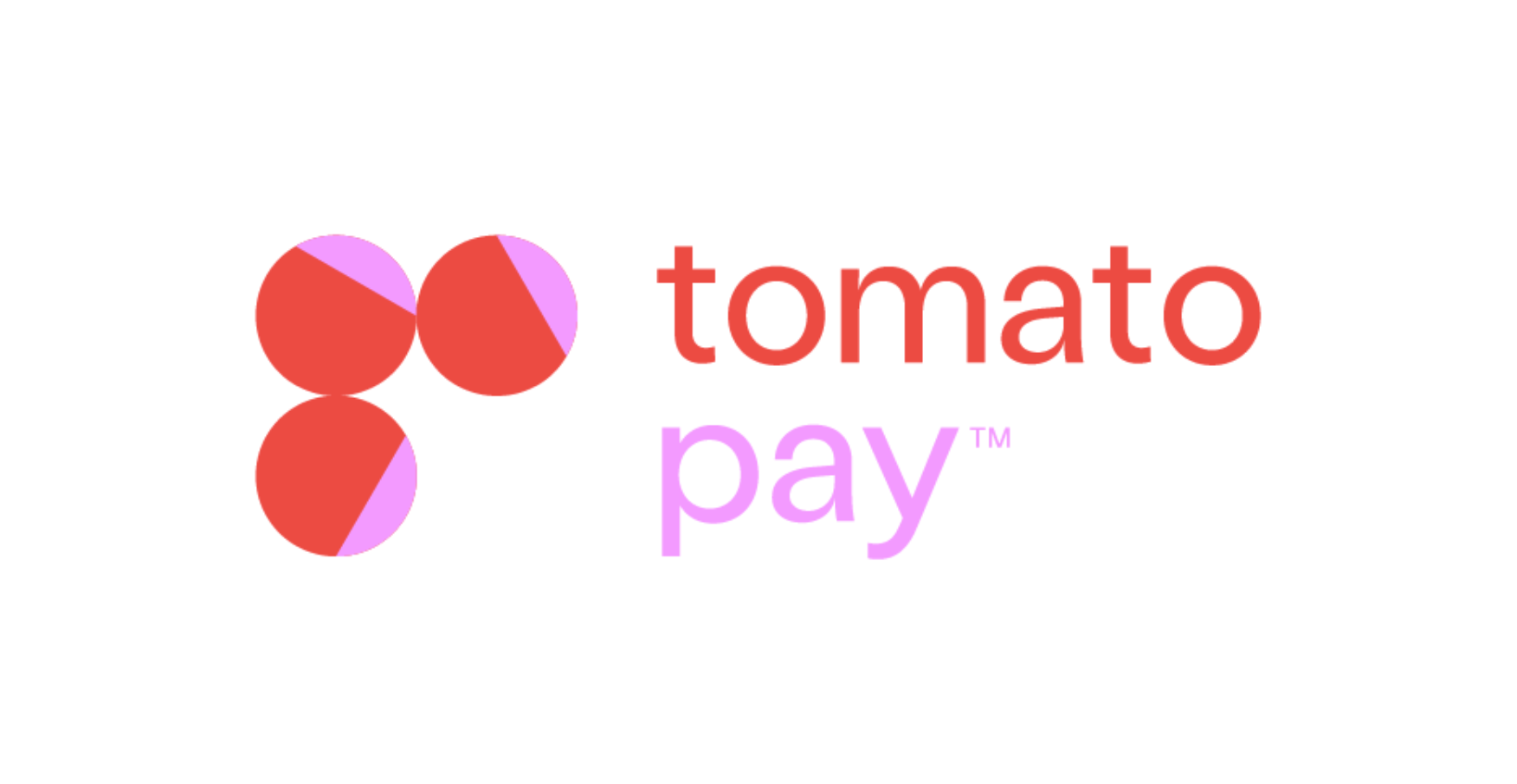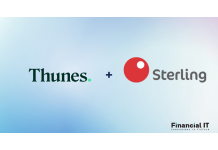Ripple Receives FCA Permissions To Scale Ripple...
- 09.01.2026 02:35 pm
Mastercard’s Study Found That 92% of SMEs That Accept...
- 09.01.2026 02:35 pm
Paychex And PayPal Team Up To Bring Direct Deposit...
- 09.01.2026 08:55 am
Benekiva And Juice Financial Deliver Instant, Flexible...
- 08.01.2026 02:15 pm
PXP Expands Payment Infrastructure Strategy with...
- 08.01.2026 09:52 am
Chase to Become New Issuer of Apple Card
- 08.01.2026 09:45 am
Volante Technologies Unveils Low-Code Studio: A Game-...
- 08.01.2026 08:55 am
Paymentology Releases Quick Start Guide to...
- 08.01.2026 08:15 am
Aevi And Verifone Partner To Simplify And Scale in-...
- 07.01.2026 01:35 pm
Blink Payment Launches Card Present API To Connect in-...
- 07.01.2026 11:25 am
Worldline Launches One Commerce in the UK, Enabling...
- 07.01.2026 11:15 am
Sterling Bank Joins Thunes' Direct Global Network...
- 06.01.2026 09:25 am






















